Fascism should rightly be called Corporatism, as it is the merger of corporate and government power
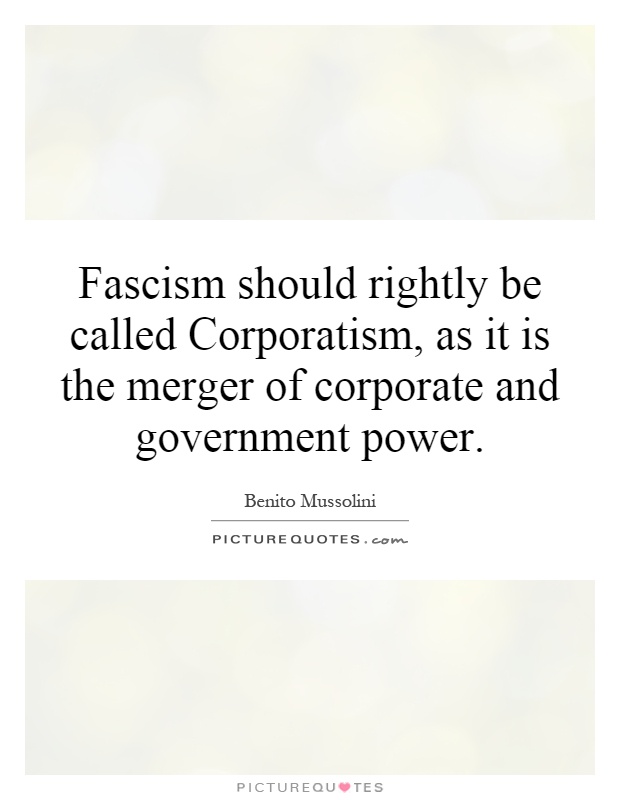
Fascism should rightly be called Corporatism, as it is the merger of corporate and government power
Benito Mussolini, the infamous Italian dictator who ruled the country from 1922 to 1943, is often credited with coining the phrase, "Fascism should rightly be called Corporatism, as it is the merger of corporate and government power." This statement encapsulates the essence of Mussolini's fascist ideology, which sought to consolidate power in the hands of the state and big business.Mussolini's fascist regime was characterized by its close collaboration with corporate interests, particularly those of the industrial and financial sectors. Under Mussolini's rule, the Italian government actively promoted the interests of large corporations, providing them with subsidies, tax breaks, and other forms of support. In return, these corporations supported Mussolini's regime, providing it with financial backing and political influence.
The merger of corporate and government power under Mussolini's fascist regime had far-reaching consequences for Italian society. The interests of big business were prioritized over those of ordinary citizens, leading to widespread inequality and exploitation. Workers were subjected to harsh working conditions and low wages, while corporate profits soared. The government used its power to suppress dissent and opposition, cracking down on labor unions and political opponents.
Mussolini's fascist regime also had a profound impact on the economy, as the state intervened heavily in economic affairs to promote corporate interests. The government controlled key industries and resources, using them to further its own political agenda. This led to inefficiency and corruption, as well as a lack of competition and innovation in the economy.
Overall, Mussolini's statement that "Fascism should rightly be called Corporatism, as it is the merger of corporate and government power" accurately reflects the nature of his fascist regime. By consolidating power in the hands of the state and big business, Mussolini created a system that prioritized the interests of the elite at the expense of the common people. This legacy continues to shape our understanding of fascism and its impact on society.

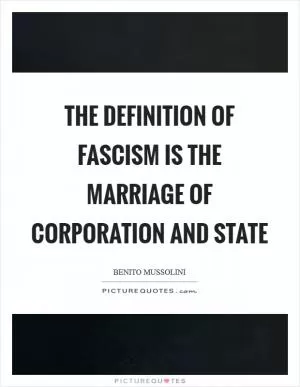
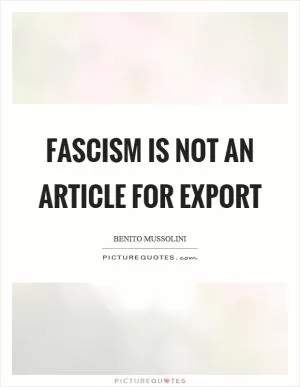



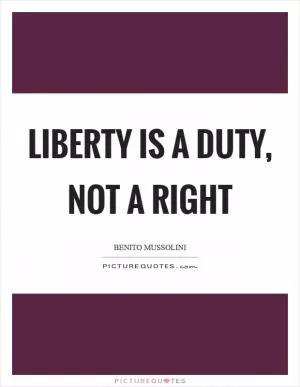

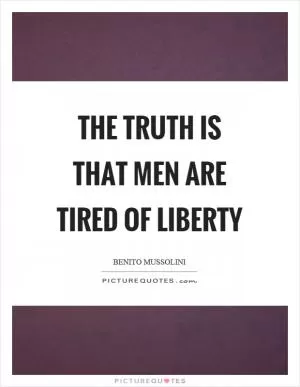
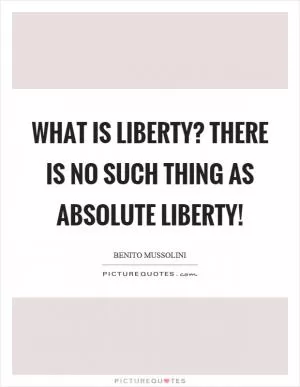

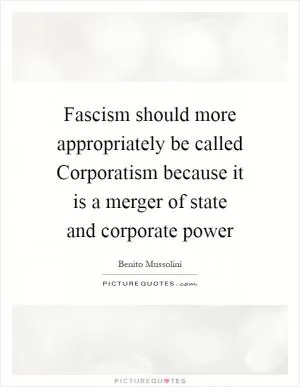
 Friendship Quotes
Friendship Quotes Love Quotes
Love Quotes Life Quotes
Life Quotes Funny Quotes
Funny Quotes Motivational Quotes
Motivational Quotes Inspirational Quotes
Inspirational Quotes